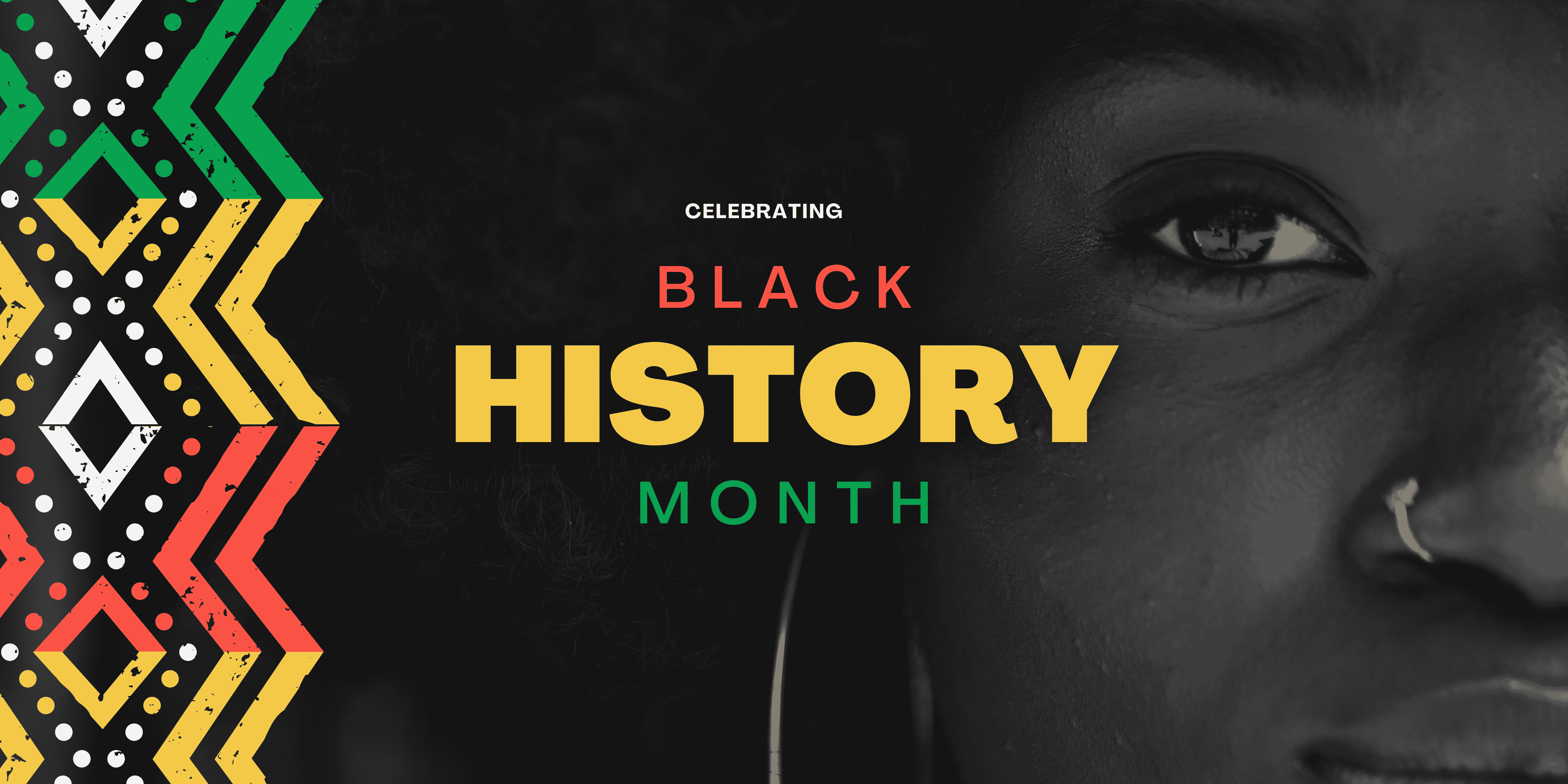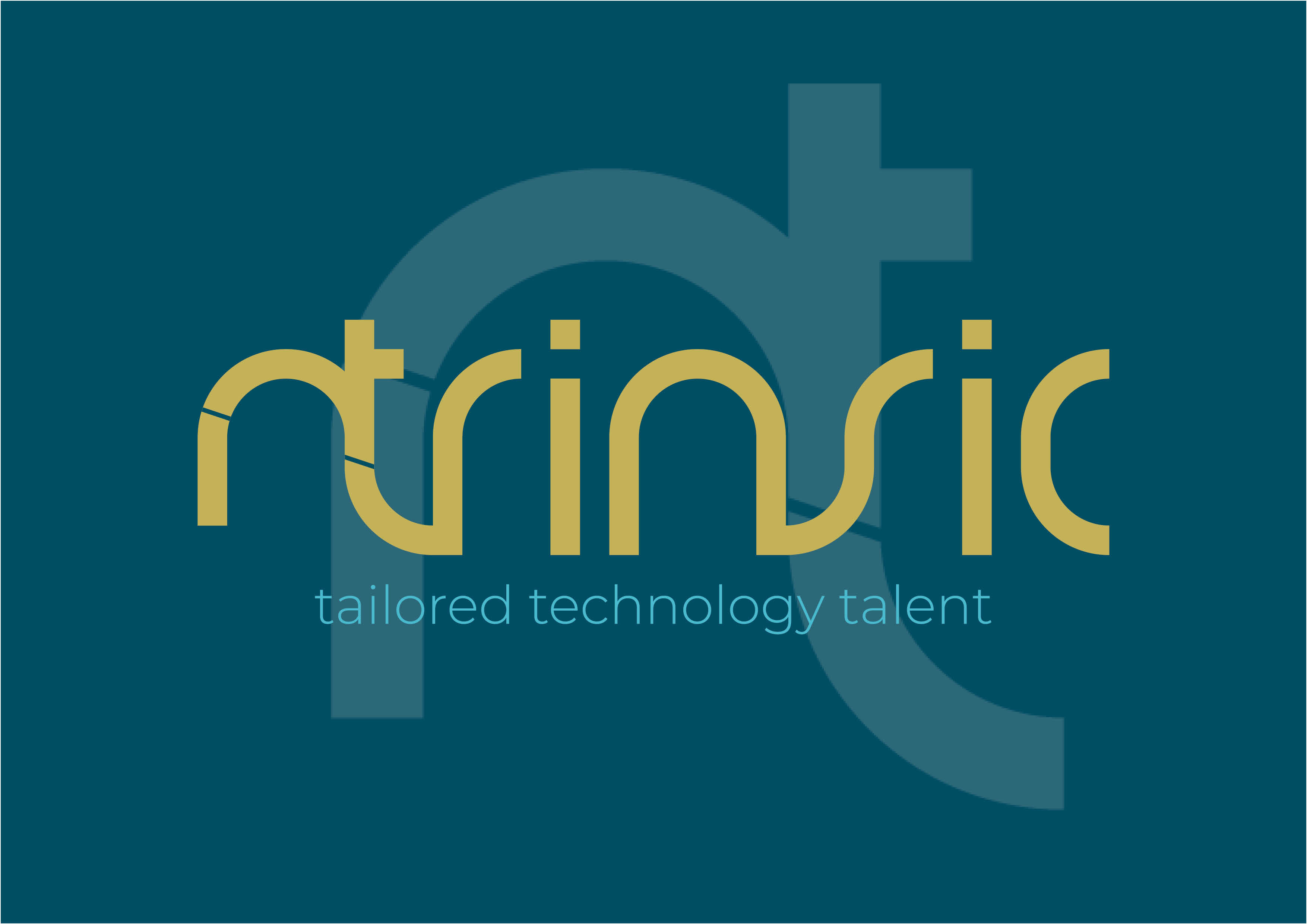
The Ntrinsic CIO Series - Kevin Gallagher Digital Change Director at HMCTS
09 May, 20196‘A once in a generation opportunity’Senior Consultant Ben Galley (B) interviews Kevin Gallag...

‘A once in a generation opportunity’
Senior Consultant Ben Galley (B) interviews Kevin Gallagher (K) an experienced CIO and technology leader whose move from leading broadcaster to government sector allowed him to deliver outstanding innovation and customer value.
Read the whole interview to learn how inspiring Kevin's personality is, always anticipating challenges ahead with an impressive drive!
B: Why would someone as commercial and innovative as you make the decision to join a public sector organisation?
K: The opportunity at Channel 4 was helping to change the route to market for broadcast - getting everything online in terms of content and commercial.
I’m proud of what we achieved, notably taking 4OD (Channel 4’s online viewing platform) from £0 – over £100M in terms of revenue.
The challenge with my move to The Ministry of Justice was to take this commercial and innovative experience and use it in a government organisation. At the time of the move, there was a strong need to reduce overall running costs. There was an opportunity to make the systems better and more efficient for our users and also deliver cost saving at the same time. In both environments, I felt putting the customer/user first was very important and we have adopted the Agile methodology.
The sheer scale of working in the justice service was exciting. It was such a challenge working with 15,000 + staff across hundreds of buildings as well as multiple third parties. I also really felt that there was an appetite for change and I had the genuine backing from leadership as well. It was an opportunity to retain our place as the top justice system in the world – and to genuinely innovate and transform.
B: Did you feel the red tape of the public sector allowed you to deliver the innovation expected of you in Ministry of Justice?
K: There are obviously checks and balances. I have learnt that you definitely need to gear up on all fronts for what you’re doing in terms of planning for all eventualities and anticipating the challenges ahead. Some of this could be called red tape, but it is mainly just down to sheer scale. Process is therefore very important because you have so many parties to please, and not everyone has the same opinion of course!
Overall, we have been able to deliver some great work despite these challenges.
B: At Channel 4 your ideas and actions delivered business value, how do you know when you’ve been successful in Ministry of Justice?
K: I have a number of good examples of success:
1. We have made a significant difference with the new divorce service. Where the public submit paper forms directly up to 40% tend to be returned first time because they have some error or further actions required prior to being processed. However, through data and research the number of rejections through the online form has gone to 1% and stayed below 1%. This is a much better experience for the user shows a clear efficiency gain through reduction in courts and admin hours wasted.
2. We used video hearings to minimise unnecessary travel time. There’s a genuine business advantage and public to a technical solution which demonstrates success. We have saved time and money
3. Social security and child support benefits appeals is another area of success. Having a clear and intuitive online system to see the status of an appeal has removed uncertainty and has improved efficiency. Our research and feedback on our changes demonstrates that putting tracking online is a win-win situation for both customer experience and an efficiency.
B: Would you recommend the switch to the government sector to others?
K: Yes definitely, but I also appreciate it’s not for everyone. What I have felt is there is a clear sense of public purpose. I think this is a feeling that is shared by the whole team and that makes recruiting and retaining good people easier. It’s a bit more meaningful in some way. Hopefully a user would only use our service once - for example if going through a divorce. This means our systems need to be very intuitive and user friendly.
B: You’ve been a tech leader for well over 15 years across a few environments - how have you remained relevant and effective over that period of time?
1. First and foremost, it’s about getting the right team. For example, I have a great Lead Architect - Balaji Anbil – who has instilled a fantastic discipline and structure. I think giving people the opportunity to innovate and letting them get on with it towards clear goals keeps everything relevant.
2. It is important to ask yourself what you really want to be good at and focus on that and become known for extremely high quality.
3. Striking a good balance between where to use ‘off shelf’ software and where to build something bespoke.
4. Focus on what the customer genuinely thinks - I will revert to my previous point about always listening to the customer in any citizen facing service. Understand what they want and what their feedback is on how you’re doing.
5. Robotics and Automation has been a key part in improving pace.
6. Good QA, good process, and using Agile at scale. For example, with Channel 4 - 4 On Demand. We were inventing this service for the UK market. To do this we had to exploit the existing technologies where we could such as content delivery networks. It started out with peer to peer* file sharing if you can believe it!
*Peer to peer is a file sharing method by which files are downloaded, not streamed
7. People’s view of technology and its impact on an organisation is more visible and understandable now. Four years ago, if technology in court didn’t work, only the back office would know. Now it’s visible to everyone – partly through education and partly through consumer awareness.
8. Investing in people. We have trained 600 business operational staff across the Ministry of Justice as Digital Support Officers. They then commit 25% of their time to preventing and resolving technology issues in the courtroom. This has allowed us to be proactive about problem prevention. Anticipation is a key feature of any CIO’s role!
B: What’s your view on a career in IT for those starting out, or aspiring tech leaders today? And what advice would you give them?
K: Always employ the best people and don’t worry about them being smarter than you!
Try and understand the business and the customer as best you can. When technology works it’s invisible and when it doesn’t work it’s a nightmare. This fact means you have to be able to keep a service mindset as well as being technical.
It is also a very interesting time for IT. For any forward-thinking business, gone are the days that IT was a cost and separate to the core business model. Smart companies are putting it front and centre of their business models and that is exciting!
B: Given your experience and everything you have achieved, what’s next for you?
K: I honestly don’t know yet. I’m off to Australia for a long trip with my wife and some friends. I would like to go to an organisation who realise the importance of the technology they are using.
I think I would always be open to new challenges and maybe to do something different - different would be good!
The clear vision at Ministry of Justice has been great and I feel overwhelmingly that this is what I really want again in my next role. Demanding is fine, but lack of ambition is not!
This interview with Kevin Gallagher is the fourth in Ntrinsic’s CIO series. Watch this space for more conversation throughout 2019 and beyond. If you are or know anyone who’d like to be featured, please get in touch, we’d be delighted to have a conversation with you.



